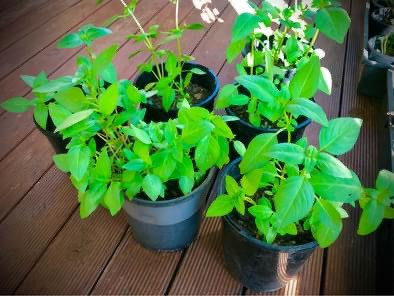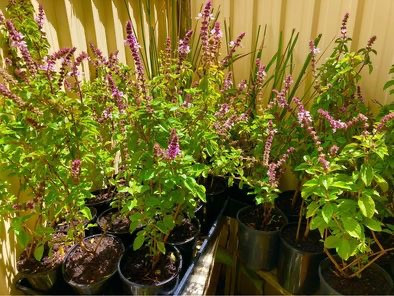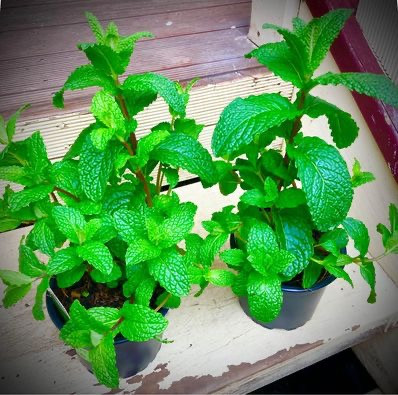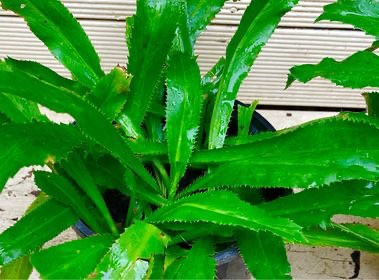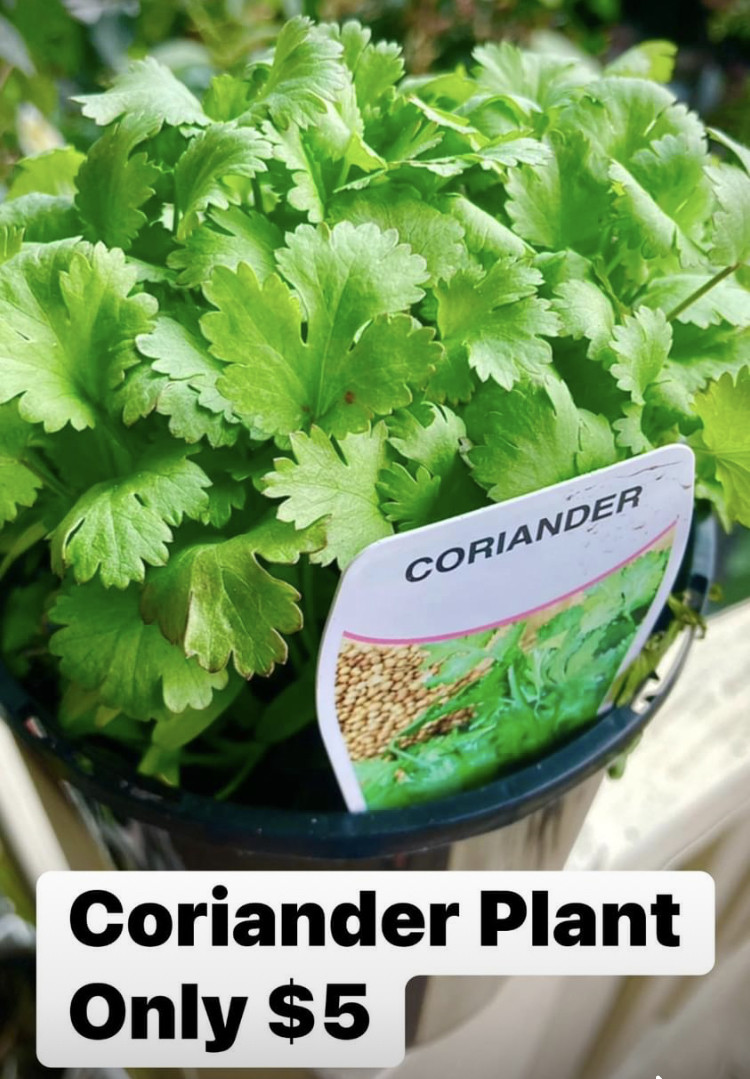
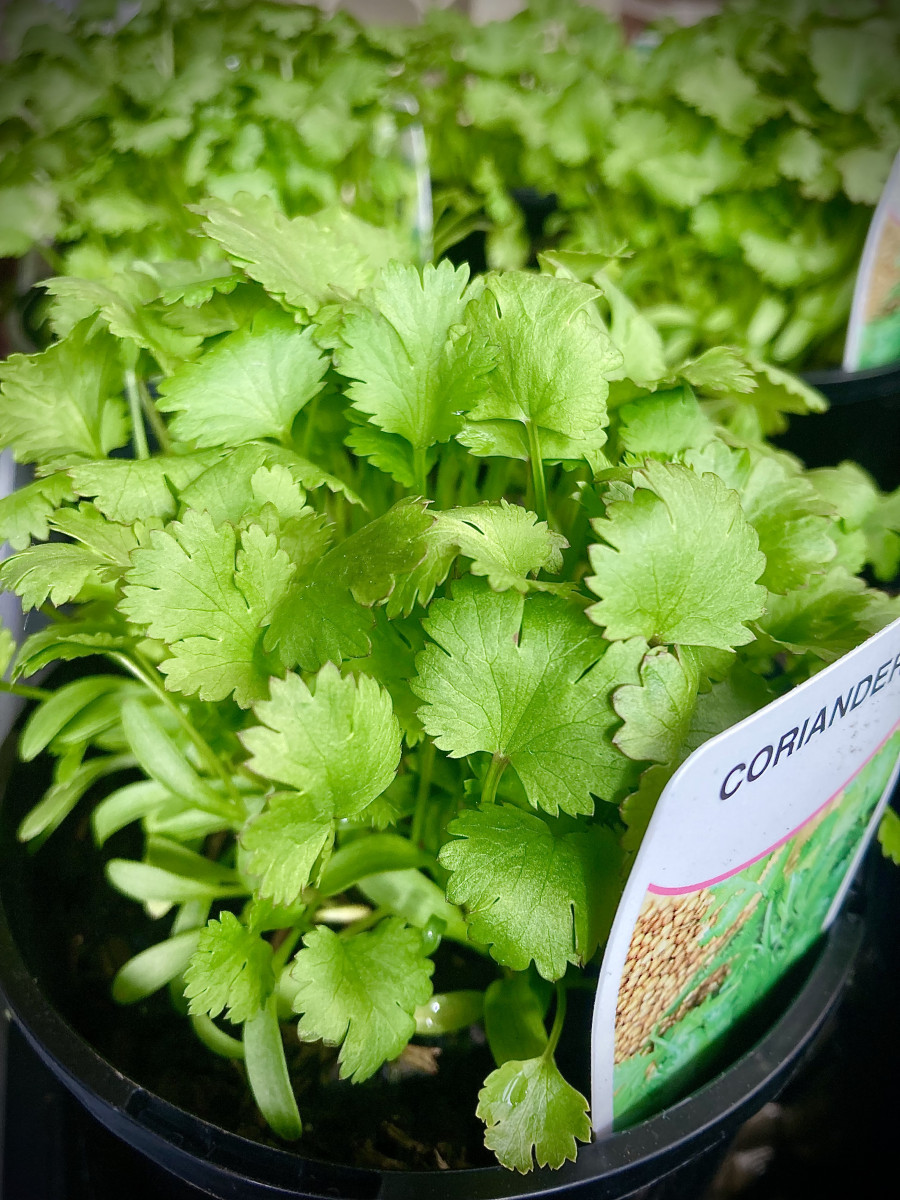
Coriander
Dhaniya/ Kothamalli/ Kothimbir
Category : Herbs
Introduction
Coriander (Coriandrum sativum), also known as Dhaniya in Hindi, Kothamalli in Tamil, and Kothimbir in Marathi, is a highly valued herb in international cuisine. Related to parsley, carrots, and celery, coriander is renowned for its aromatic leaves and seeds, which are used to flavor a wide variety of dishes. This versatile herb is a must-have for any culinary enthusiast's garden. At Sai Nursery, we offer high-quality coriander plants to help you grow this essential herb with ease.
Planting Coriander
-
Location and Soil: Coriander thrives in well-draining soil rich in organic matter. It prefers a sunny location but can tolerate light shade. Ensure the soil has a pH range between 6.2 and 6.8. Adding organic compost can enhance soil fertility and structure.
-
Propagation: Coriander is best grown from seeds, as it does not transplant well. Sow the seeds directly in the garden or containers about 1/4 inch deep and space them 6 inches apart. Thin the seedlings to 12 inches apart once they are established.
Care and Maintenance
-
Watering: Keep the soil consistently moist but not waterlogged. Regular watering is essential, especially during dry spells. Mulching around the base of the plants can help retain soil moisture and regulate temperature.
-
Fertilizing: Feed the coriander plants with a balanced, all-purpose fertilizer every 4-6 weeks during the growing season. Avoid over-fertilizing, as this can lead to excessive foliage growth at the expense of flavor.
-
Pruning: Regularly prune the coriander plants to encourage bushy growth. Pinch off the outer leaves first to promote new growth from the center. Removing any flower stalks that emerge will prolong the harvesting period of the leaves.
-
Pest and Disease Management: Coriander is relatively pest-resistant, but keep an eye out for common garden pests like aphids and spider mites. Use organic insecticidal soap if necessary. Ensure good air circulation around the plants to prevent fungal diseases.
Harvesting and Usage
-
Harvesting: You can begin harvesting coriander leaves once the plant is established and has reached a height of about 6 inches. Use clean, sharp scissors to snip off the outer leaves, starting from the base of the plant. Regular harvesting encourages new growth.
-
Seeds: To harvest coriander seeds, allow the plant to flower and form seed heads. Once the seeds turn brown, cut the seed heads and place them in a paper bag to dry. Shake the bag to release the seeds and store them in an airtight container.
-
Usage: Coriander leaves, also known as cilantro, are a staple in many cuisines, including Indian, Mexican, and Middle Eastern. They are used to garnish and flavor soups, stews, salads, and salsas. Coriander seeds have a warm, citrusy flavor and are used in spice blends, marinades, and baked goods.
Benefits of Coriander
-
Nutritional Value: Coriander is rich in vitamins A, C, and K, and is a good source of folate and iron. It also contains antioxidants that help combat inflammation and support overall health.
-
Culinary Versatility: The unique flavor of coriander makes it an excellent addition to a wide range of dishes. Both the leaves and seeds are highly valued in cooking, making this herb exceptionally versatile.
-
Gardening Appeal: Coriander is easy to grow and maintain, making it a great choice for both beginner and experienced gardeners. Its lush, green foliage adds beauty to any herb garden.
Conclusion
Coriander is a rewarding herb to grow, offering both culinary and nutritional benefits. With proper care and maintenance, you can enjoy a bountiful harvest of fresh coriander leaves and seeds throughout the growing season. At Sai Nursery, we are dedicated to providing you with the best plants and gardening advice to ensure your success. Visit us today to explore our selection of herbs and other plants, and let us help you create a vibrant and productive garden. Happy gardening!
Price : $5
Out of Stock




